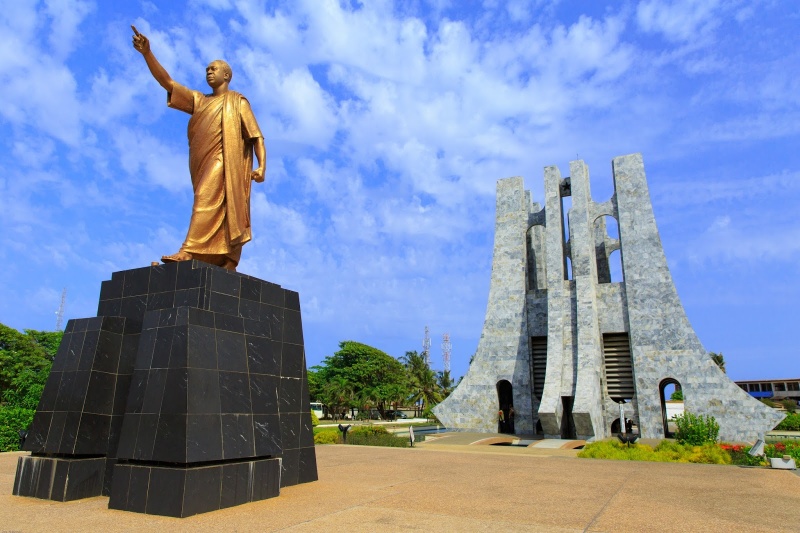
Government is to intensify its domestic tourism drive, as it seeks to boost tourism receipts and stimulate demand locally, Catherine Afeku-Tourism Minister, has said.
“We are focusing more on domestic tourism. We need to stimulate demand locally. In our market; we have the millennials, returnees and the diaspora. All these people need to experience various parts of the country.
“So, we started this campaign called ‘eat, see, and wear Ghana’ to encourage domestic tourism,” she said.
She was speaking as a panel member on the right tourism policies at the just-ended two-day Africa Tourism Leadership Forum 2018, held at the International Conference Centre, Accra.
Tourism used to be one of the highest contributors to Ghana’s Gross Domestic Product, largely as a result of high domestic tourism complemented by foreign arrivals.
The World Tourism and Travel Council in its Travel & Tourism Economic Impact 2017 on Ghana noted that: “The direct contribution of Travel & Tourism to GDP was GH¢4,972.9m – 3.0% of total GDP in 2016 – and is forecast to rise by 5.6% in 2017, and to rise by 5.1% pa between 2017-2027 to GH¢8,626.5m, 2.9% of total GDP in 2027”.
According to the report, in 2016 the travel & tourism industry directly supported 288,000 jobs – 2.4% of total employment. This rose by about 4.7% in 2017 and is expected to rise by 2.0% pa to 366,000 jobs – that’s 2.4% of total employment in 2027.
In 2016, the total contribution of Travel & Tourism to employment, including jobs indirectly supported by visitor exports, generated GH¢3,752.4m – 5.9% of total exports for 2016.
Tourism policies must be agile—Discussants
The country’s tourism policies must be very active and respond to changes in the environment if it is to harness the full benefits of tourism, discussants at the Forum said.
Tourism policies developed by various governments on the continent are largely rigid and do not respond to new developments within the space. This serves to delay various corrective measures that would otherwise have sealed the loopholes.
“Tourism policies should have ears to listen and eyes to see. They should be that flexible [if they are going to support the growth of tourism],” said Judy Kepher-Gona, an ecotourism consultant and tourism business advisor in Kenya at a panel discussion on tourism policies.
To achieve this, Didier Dogley, Minister of Tourism, Civil Aviation, Ports and Marines of Seychelles, said governments must work closely with communities and build trust.
Plastic, beaches and tourists
Single-use plastics have been cited as one of the major challenges to sustainable tourism.
It is estimated that about 99% of all seabirds will have ingested plastic by 2050 if nothing is done to reverse the trend.
The United Nations Environment – the UN agency mandated to protect the environment – warned that: “Up to 80% of all litter in our oceans is made of plastic. At the rate at which we are dumping items such as plastic bottles, bags, cups and straws after a single use, by 2050 we will have more plastics in the oceans than fish”.
Given the effect of single-use plastic on ocean and beach resources, many African countries have taken steps to ban the production and use of single-use plastics. Kenya, Seychelles, and Rwanda are some countries that have banned the use of such plastic.
Didier Dogley therefore called for strong leadership that is able to take bold decisions which will favour the tourism sector. He cited the issue of banning single-use plastic bags in Seychelles that has made the India Ocean country’s beaches one of the best.
“There is a need to take strong decisions even when there is no strong data behind it,” Mr. Dogley said.
A professor of tourism and international development, Marina Novelli, said to have clean beaches there must be a change in mind-set. “Ridding the beaches of plastic waste will not work unless we educate the people. We need to save money in the provision of some services and invest more in education.”
Source : thebftonline.com

































